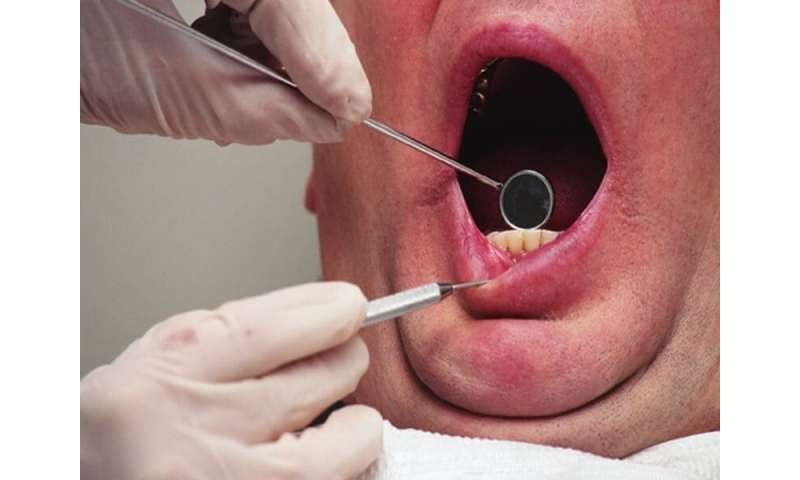
Dentists, hygienists and other dental professionals are at high risk for work-related exposure to coronavirus, but they can take steps to protect themselves.
“We have really good ways to prescreen patients: by taking their temperature, asking them questions regarding travel in the last two weeks, asking how they’re feeling and if they have flu-like symptoms,” said Dr. Fotinos Panagakos, vice dean of administration and research at West Virginia University School of Dentistry in Morgantown.
“But they may still answer ‘no’ to all of those questions, and their temperature may be normal, but they may still be infected though they’re not showing symptoms yet,” he said in a university news release.
Patients’ coughs and sneezes aren’t the only ways dentists can be exposed to the coronavirus.
“In dentistry, many of the procedures that we do require using a handpiece to drill a tooth, or an ultrasonic scaler to clean the teeth,” Panagakos said. “The water used can form an aerosol. If you aerosolize something, it’s going to end up in the air. You can just imagine what that means if a patient is carrying the virus.”
However, standard precautions such as gloves, goggles, gowns and mask can help minimize exposure during treatment. Patients also have a role to play.
On March 16, the American Dental Association called on dentists to suspend elective care for three weeks to lower the risk.
“Call the dental office—if your office hasn’t reached out to you already—to determine whether you should come in or not,” Panagakos suggested. A cleaning or checkup can be postponed.
Source: Read Full Article
